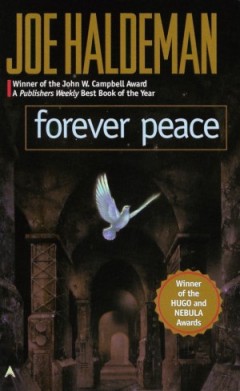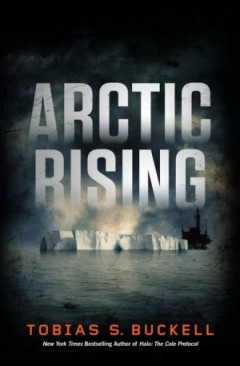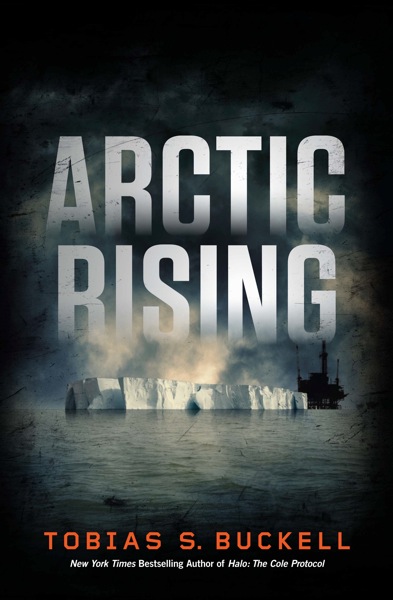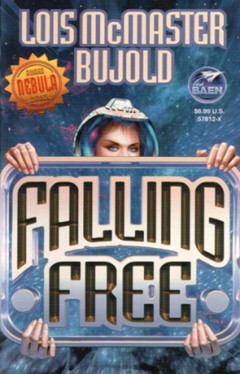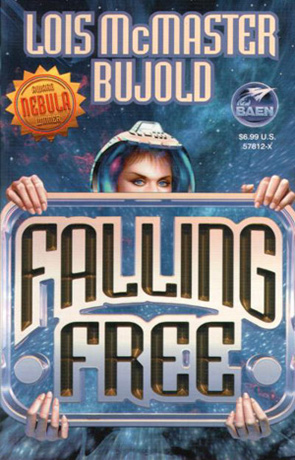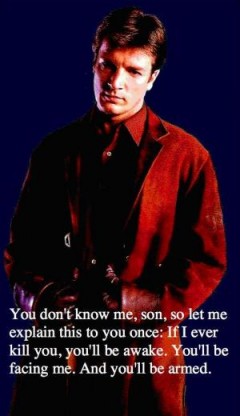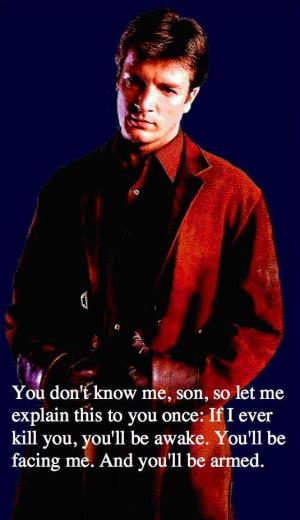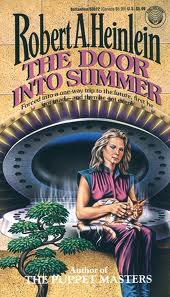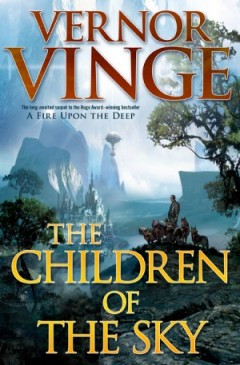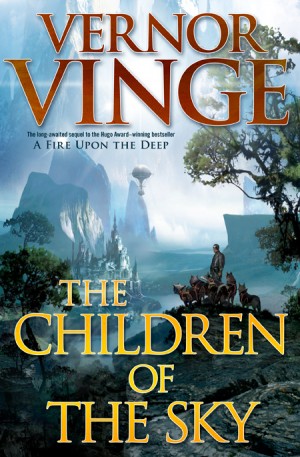When Joe Haldeman, early in his career, penned his 1970s science fiction classic The Forever War, he claimed his niche in the genre. Whatever happened after that, however well or poorly he performed, however much or little he expanded his legacy, his place at the table was secure. The general consensus is that, despite a career with several successes, he has never managed to equal that early novel. My experience with Mr. Haldeman is too limited to opine on that point, but I can say that in 1997, when he wrote Forever Peace, he definitely fell short but did not miss by a large amount.
Julian Class, a physicist and conscript in the American armed forces, is the protagonist of a story that transpires in the 2040s. The United States, now turned into a centrally planned economy, is at war with guerrillas all over South America and Africa. The principal weapon on the ground is the soldierboy, a deadly robot used for anything from patrolling to reconnaissance to assaults and assassinations. The soldierboys are remote controlled by soldiers like Class who are “jacked in” to the soldierboy through a plug surgically inserted into their brains, Matrix-style (perhaps it would be fairer to say Neuromancer-style).
An entire squad of soldiers controlling the soldierboys attain a oneness with each other, such that everyone’s feelings, thoughts, and experiences are collectively shared. More than simply walking a mile in another’s shoes, this jacking is akin to walking an entire life in another’s shoes, socks, pants, underwear, and t-shirt. At one point Julian Class, who is black, reflects that there is no racism among these soldiers, because it simply is not possible to be racist when you have essentially been another race, or several other races, for days at a time. This idea anticipates a larger revelation made later, which becomes the main point of the book.
